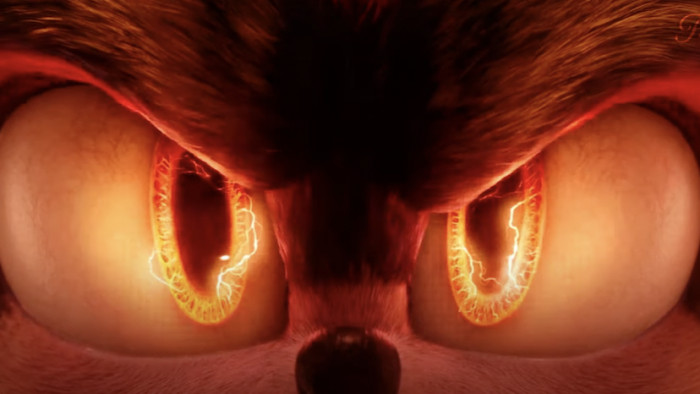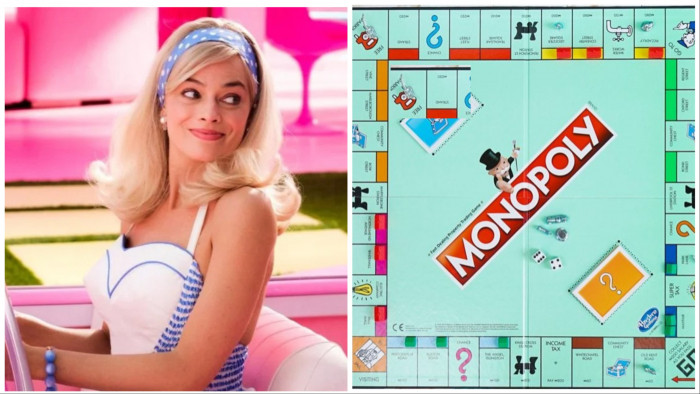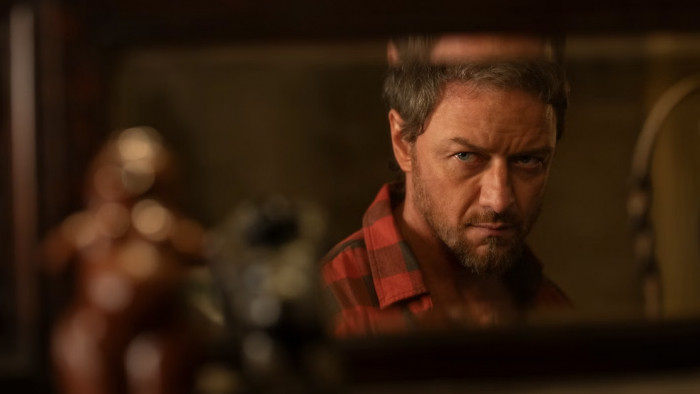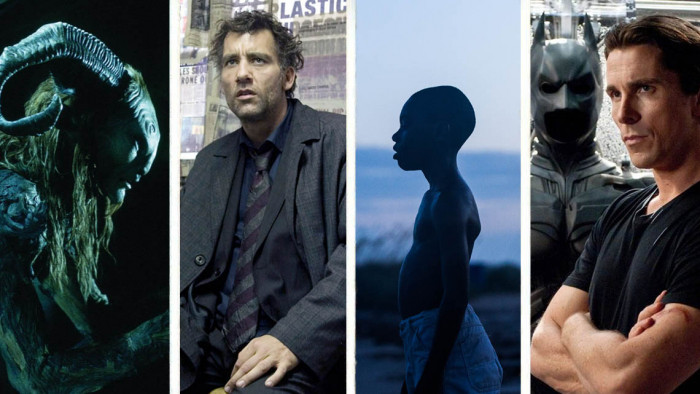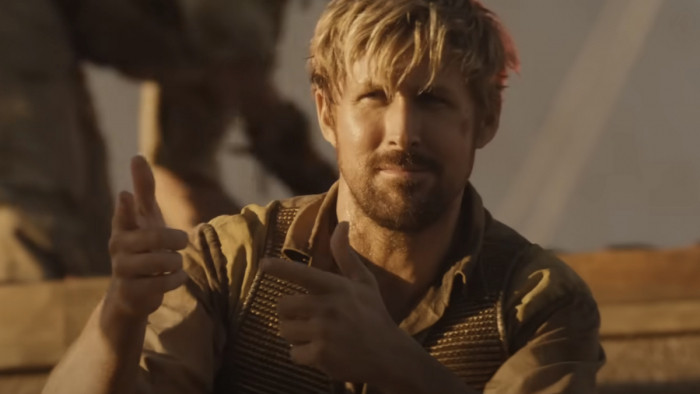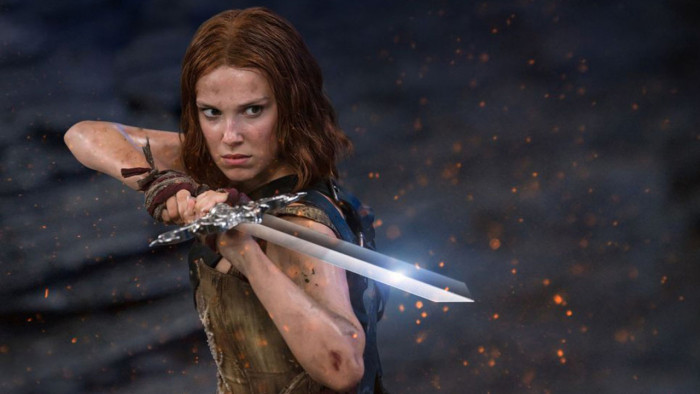He’s played a pudding-bowl-haired psychopath in No Country For Old Men and redefined the Bond villain as Skyfall’s Raoul Silva. Now, though, Javier Bardem is playing a priest with serious faith issues in Terrence Malick’s To The Wonder. So is he an ungodly son of a gun? Or is he just pleased to have his pick of the scripts at last?
What is it about Terrence Malick that makes actors want to work with him?
He’s a great director. He’s done masterpieces. It’s not an orthodox filmmaking process. I’m not sure if the word is ‘experimental’, but he’s open to looking for the accident to happen. That is implied in everything: the lack of script, the way the information is given to you, and then you go there and have the experience of being directed towards something when you don’t know what it’s all about.
As an atheist, how did it feel playing a priest?
I had the chance to talk to priests in Spain and in Oklahoma – great people who happened to be priests. It was very rewarding in many personal senses: seeing great people doing great jobs, putting themselves in very difficult situations in order to help others. They were practising the word of Christ.
Unlike Raoul Silva. He’s already become a classic Bond villain. How proud are you of that performance?
I guess I’m proud, yeah. But it’s not something I think of – being proud or not. I am thankful to a lot of people for giving me the chance to do such a role. Such as Sam Mendes, who gave me the opportunity to build the role with him, and the great cast. It was a very enjoyable and creative experience. I guess I was expecting something else, and it turned out as a movie that is very well accepted. You never know if you’re going to like it or not.
Tell us about the knee-stroking scene when you first meet Bond. Was it hard not to laugh?
We laughed a lot. We really had a lot of fun. We were working very seriously, without taking ourselves seriously. With such great actors as Daniel and Judi Dench, you don’t have to worry about it. Sam Mendes is a great director, so the only thing there is to do is enjoy it. Enjoyment is a very important part of the process, even if you are doing a drama.
Daniel Craig told us that he wanted to take you to a 6 Nations game. Did he?
No, we couldn’t go. Because we were shooting on the weekends and the day that he was not shooting, I was shooting and vice versa. We went separately, but we never had the chance to share it together, which is a pity because we are both huge fans of rugby.
How far did your own rugby career progress?
I started playing rugby in a club when I was nine. I had found my sport, I found my place. I was a prop, number three. I am small, I know, compared to the strong people that are playing rugby nowadays, but in my time you could be a prop and be small. I had the need to survive for 80 minutes.
Your two most iconic characters (Silva and Anton Chigurh in No Country For Old Men) have been psychotic villains. What does that say about you?
I don’t know. The characters are just very well put together. In both those cases, they were deeply written, they triggered my imagination and inspiration. That’s the fun of it. You can imagine who the guy is. But the same role, with the same actor, done in different circumstances, might have been a different thing.
Do people treat you differently after seeing you play those characters?
No, I don’t have that problem [laughs]. I think that happens more with a TV show, no? You are in [a person’s] house every week, and there’s a moment where they can get really angry with you if you’re a bad guy, and they worship you if you are the hero.
Have you ever worried about being typecast and chosen roles to avoid it?
Only in the beginning. But I’ve tried to do different things and different roles. It’s not about being typecast – it’s about being boring [laughs]. Which maybe happens, but at least I try to find different roles.
Which of your early movies is your favourite?
It’s not like I have favourites. Every movie brings its own background and experience and age – that’s more important than the memory of the movie. It’s what happened. How did you fail, how did you succeed? I think of different moments, different movies because I was different. I was not always the same person. The most horrible ones are the most important. They’re the ones that teach you the best.
Are opportunities better for non-native English speaking actors now?
First of all, I have been fortunate to have work. Period. Where that work comes from doesn’t matter. Working is the most valued thing. Of course if you can choose, you have to choose those things that have a meaning to you. Nationalities are not included in that. Of course, for me, it’s more difficult to work in a different language to my mother tongue. I meet that challenge by working harder, but I’m more comfortable now with the [English] language. Although maybe not in this interview [laughs].
To The Wonder is at cinemas nationwide now
(Image: Rex Features)
Latest
Related Reviews and Shortlists



